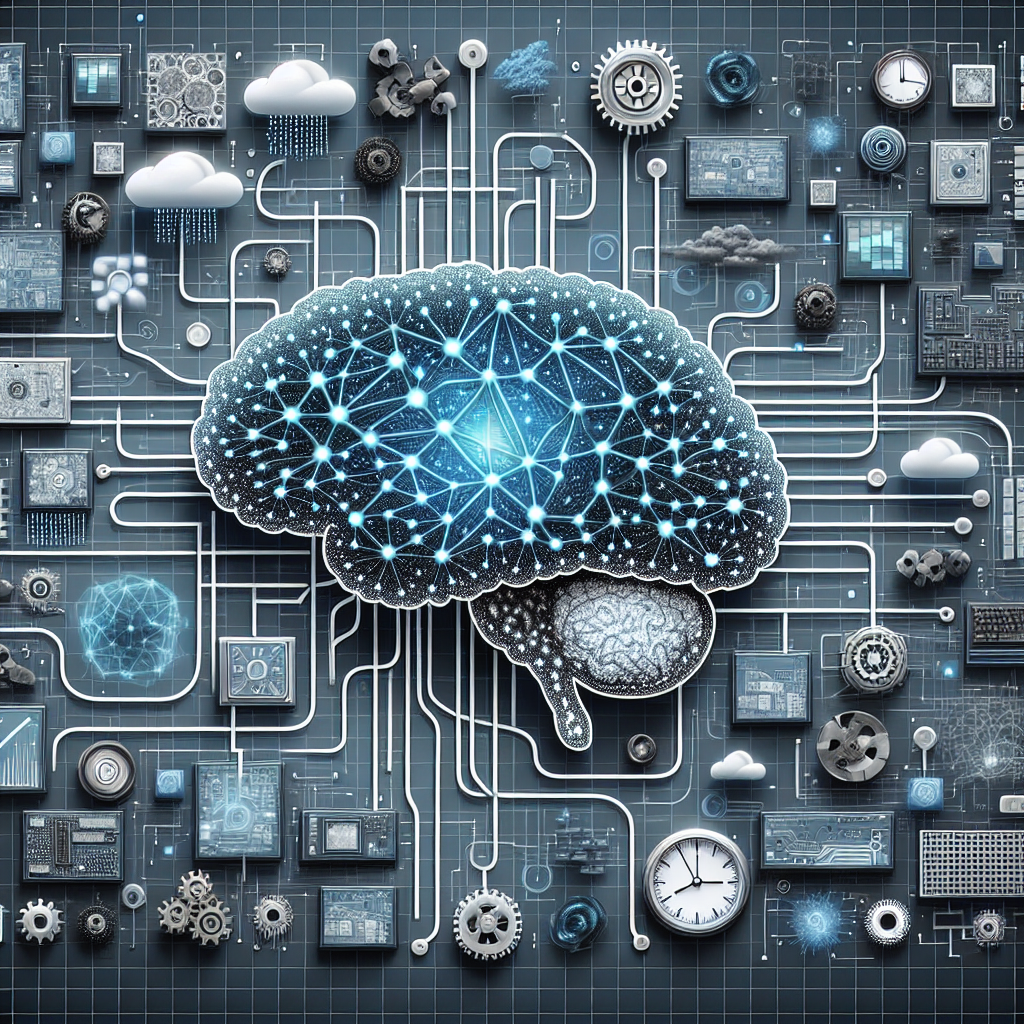Your cart is currently empty!
The Advancements and Challenges of Recurrent Neural Networks in Deep Learning

Recurrent Neural Networks (RNNs) have been a revolutionary advancement in the field of deep learning, allowing for more complex and dynamic modeling of sequential data. RNNs have been widely used in a variety of applications, including natural language processing, speech recognition, and time series forecasting.
One of the key advantages of RNNs is their ability to capture temporal dependencies in data. Unlike traditional feedforward neural networks, which process input data in a fixed order, RNNs have a memory component that allows them to store information about previous inputs and use it to make predictions about future inputs. This makes RNNs well-suited for tasks that involve sequences of data, such as predicting the next word in a sentence or forecasting stock prices.
However, despite their advantages, RNNs also come with several challenges. One of the main issues with RNNs is the problem of vanishing gradients, where the gradients of the loss function with respect to the network parameters become very small as they are propagated back through time. This can make it difficult for the network to learn long-term dependencies in the data, leading to poor performance on tasks that require modeling complex sequences.
To address this issue, researchers have developed several variants of RNNs, such as Long Short-Term Memory (LSTM) and Gated Recurrent Unit (GRU) networks, which have been shown to be more effective at capturing long-term dependencies in data. These models incorporate gating mechanisms that allow the network to selectively update its memory based on the input data, making it easier to learn relationships between distant time steps.
Another challenge with RNNs is their computational complexity, particularly when dealing with long sequences of data. Training RNNs on large datasets can be time-consuming and resource-intensive, making it difficult to scale these models to real-world applications. Researchers are actively working on developing more efficient training algorithms and architectures for RNNs to overcome these limitations and make them more practical for use in production systems.
Overall, RNNs have been a significant advancement in the field of deep learning, enabling researchers to tackle a wide range of tasks that involve sequential data. While there are still challenges to overcome, such as vanishing gradients and computational complexity, ongoing research efforts are focused on improving the performance and scalability of RNNs to unlock their full potential in various applications.
#Advancements #Challenges #Recurrent #Neural #Networks #Deep #Learning,rnn

Leave a Reply